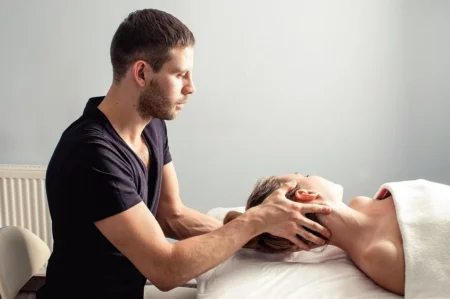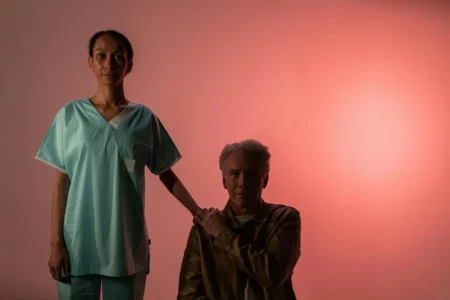Many mental health challenges that beset adults actually had their roots during the early teen years.
Whether someone suffers from obsessive compulsive disorder or anxiety and depression, the beginning of the disorder often extends back to the teenage years–or even earlier in life.
But catching the development of a disordered mental state early in life can make a massive difference in the ability of that person to have tools to manage the disorder–or even to overcome it altogether.
Whatever symptoms your teen may be showing, if you live near Venice you have a great option for a therapist who can help them work through the trauma and distress and understand the underpinnings of their developing disorder.
Seek teen therapy in Venice and relieve the distress and uncertainty that is hurting their self esteem, causing them to get poor grades, and making their future seem grim.
Why Teens Begin To Exhibit Symptoms of Mental Disorders
Many parents become very defensive at the suggestion that their teen might need help with their mental health.
They feel that a mental disorder in their child indicates a failure on their part. It feels like an admission that they haven’t protected their child or have actively harmed them.
The reality, however, is far more complex. Sometimes a single incident, some unpleasant thing that happened or an unpredictable accident, can change the course of a teen’s mental health. Taking them to see a therapist after something like this happens, or when symptoms begin to indicate that the child is not processing what happened in a healthy way, can make a huge difference in the longterm consequences of the incident.
Also bear in mind that many mental health disorders have a strong genetic component, and are also strongly influenced by the mental state of the adults that are most prominent in their lives.
It is not at all surprising for the children of an anxious parent to begin to demonstrate traits of anxiety, for example. But if you don’t want to see your child suffer from the same challenges you have faced, taking them to a therapist can give them the opportunity to develop coping mechanisms and begin to set a new narrative.
How Therapy Can Equip Teens to Overcome Mental Health Challenges
When teens begin to exhibit symptoms of mental health disorders, the adults in their lives may feel hopeless and sad. They may think that this disorder will define the child’s life for decades to come.
Some parents hope that if they pretend that the symptoms don’t exist they will go away. They may even think that seeking therapeutic help will cement and solidify the disorder, making it more real and more likely to become a permanent part of the child’s psyche.
However, nothing could be further from the truth.
In fact, a good therapist who reaches a valid diagnosis is setting up the child with the tools to overcome the disease and its symptoms. Once the child is diagnosed with a disorder, the therapist will have many resources to help them to understand their own cognition and to help the child to be desensitized to their triggers.
Some teens respond well to reading books about others who have experienced the same symptoms–and overcome them. Some learn more from cognitive behavioral therapy, exposure therapy and other techniques like art therapy.
When therapists help teens through their mental health challenges, they detect symptoms like rigidity and show the teens that it is possible–and safe–to let go of the negative behaviors that they have adopted in an effort to feel safe.
And the beauty of starting therapy young is that the teens quickly learn to recognize these symptoms in themselves, and soon find that they can correct the behaviors even without having to go to a therapist first.
Taking teens to a therapist at the first sign of trouble can actually help them to become less reliant on mental health professionals for the rest of their lives.
If your teen is exhibiting symptoms and you are unsure how to proceed, reach out to a local therapist and have a talk with them about your concerns. They will be happy to talk with you and your teen and arrive at a treatment plan that is minimally invasive, yet effective enough to put your teen’s distress in the past.







